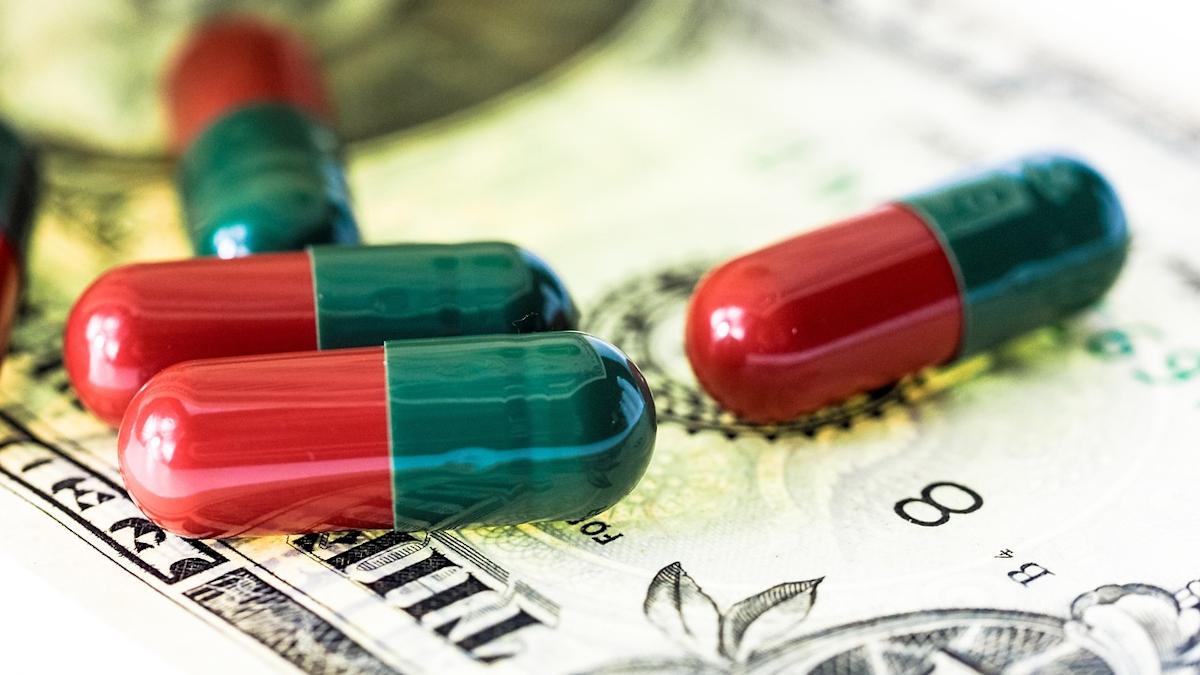White House says 48 drugs are heading for Medicare rebates

The Biden administration has generated a list of 48 drugs whose prices were raised faster than inflation in the last quarter of this year and may be subject to the mandatory Medicare rebate programme in the US.
The products all come under Medicare Part B, which covers drugs administered to older patients in physicians’ offices or hospital outpatient departments, and it is claimed that the rebate payments will save patients out-of-pocket costs of between $1 and $2,786 per average dose.
“Starting in January, some Medicare beneficiaries who take these 48 prescription drugs – including drugs used to treat cancer and fight infections – will have lower coinsurance than what they would have paid otherwise,” said the White House in a briefing document issued this morning.
The Medicare rebate programme – which is being challenged by the pharma industry in the courts – was introduced as part of the 2022 Inflation Reduction Act, one of a basket of measures that the federal government has adopted to tackle rising drug prices.
President Joe Biden is scheduled to highlight those measures in a speech at the National Institutes of Health (NIH) in Bethesda, Maryland, later today.
The administration said that 64 drugs in total had prices that increased faster than inflation and may be subject to rebates over 2023, and in an uncomfortable moment for Recordati highlighted its Signifor (pasireotide) therapy for Cushing’s disease and acromegaly, which has seen its price rise faster than inflation every quarter since the IRA’s rebate provision went into effect.
“Some Medicare beneficiaries who take Signifor could save $311 per monthly dose starting January because of the law,” it said. All told, rebates were required on 47 prescription drugs this year, saving seniors “as much as $618 per average dose.”
According to the government, the measure is also leading to lower prices even among products not on the list, as manufacturers are limiting increases so they avoid being drawn into the rebate programme.
Various lawsuits filed by the pharma industry claim that the Medicare negotiation and rebate policy violates the US Constitution, forcing companies to sell goods at below market value for public use, and will threaten the industry’s ability to invest in R&D needed to develop new medicines and bring them to patients.
The rebate programme is just one of the measures introduced to drive down drug prices in the US, which tend to be higher than elsewhere in the world, as seen this week with the pricing announcement for Eisai and Biogen’s Alzheimer’s therapy Leqembi (lecanemab) in Japan.
Last week, the Biden administration announced it may take enforced ‘march in’ rights to patents on medicines developed with public funding if their manufacturers set their prices too high. Other measures include setting a $35 per month price cap on insulin products.
“While Republicans in Congress fight tooth and nail to repeal the Inflation Reduction Act and put money back in the pockets of Big Pharma, President Biden won’t back down from the fight to lower costs for hardworking Americans and make sure every family has access to affordable health care,” said the White House.
Photo by Tabrez Syed on Unsplash












